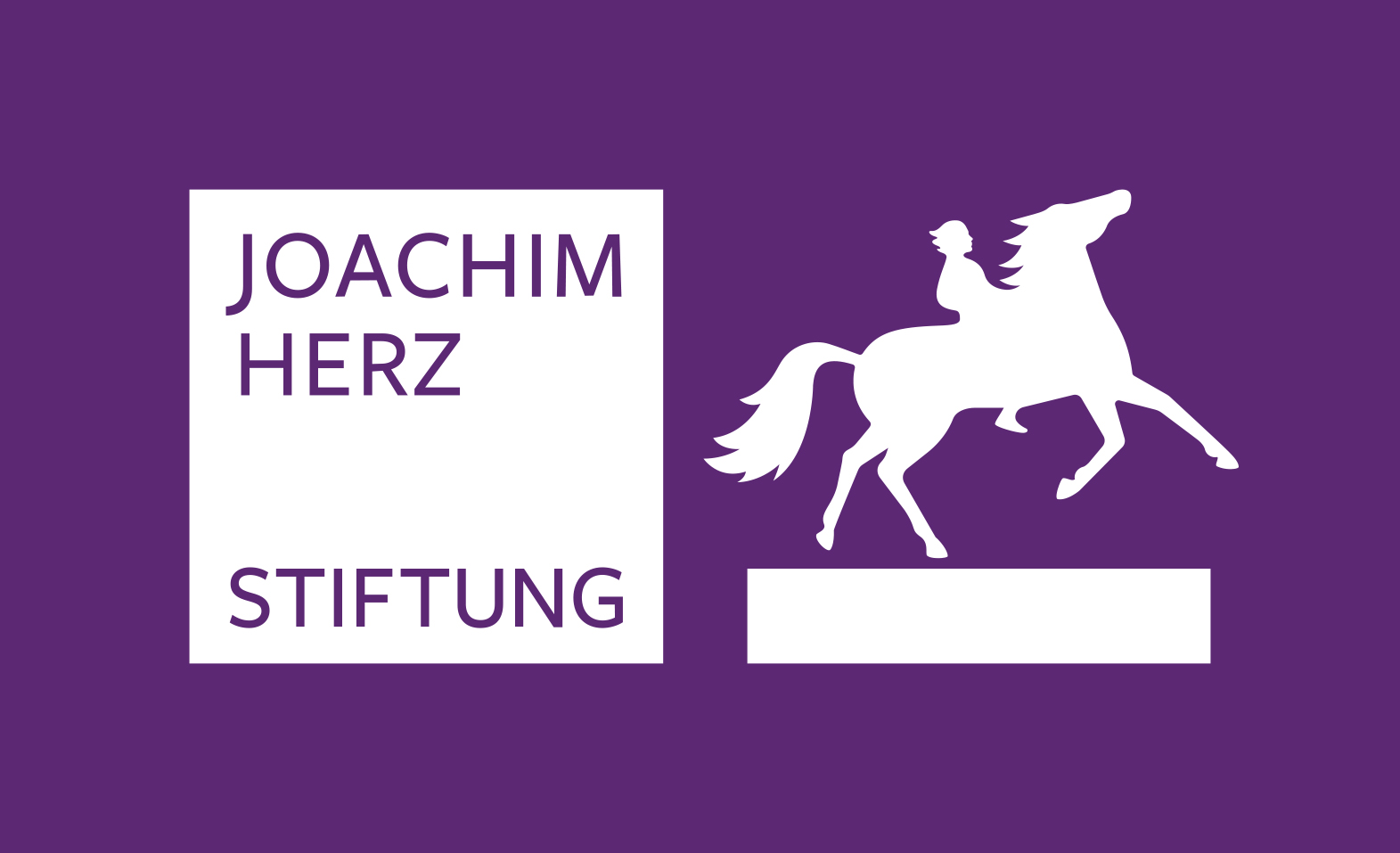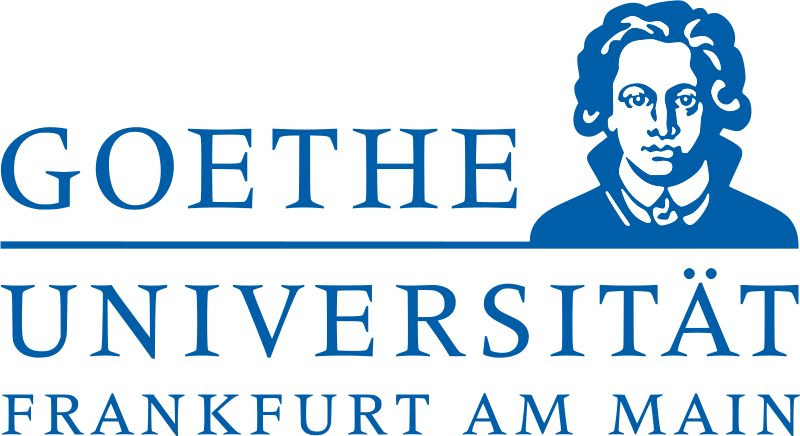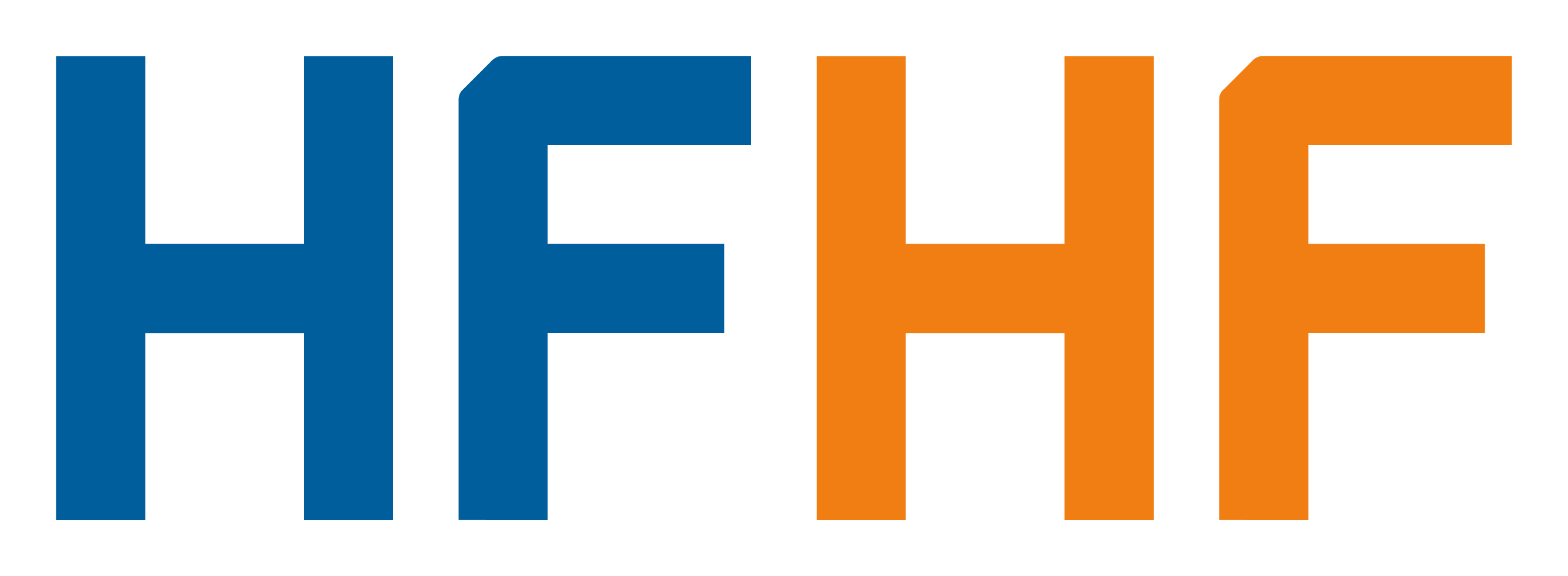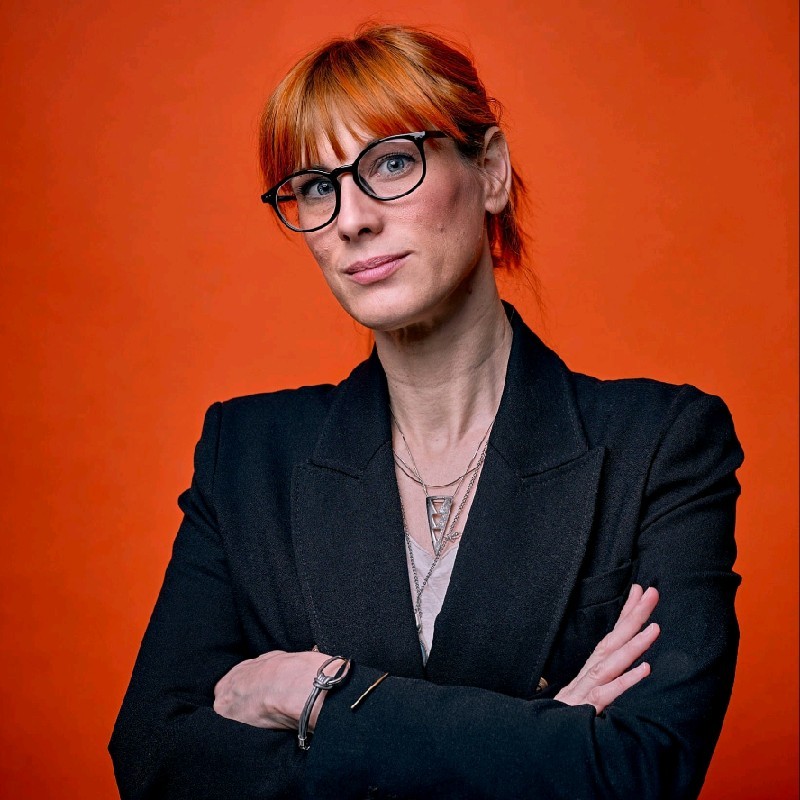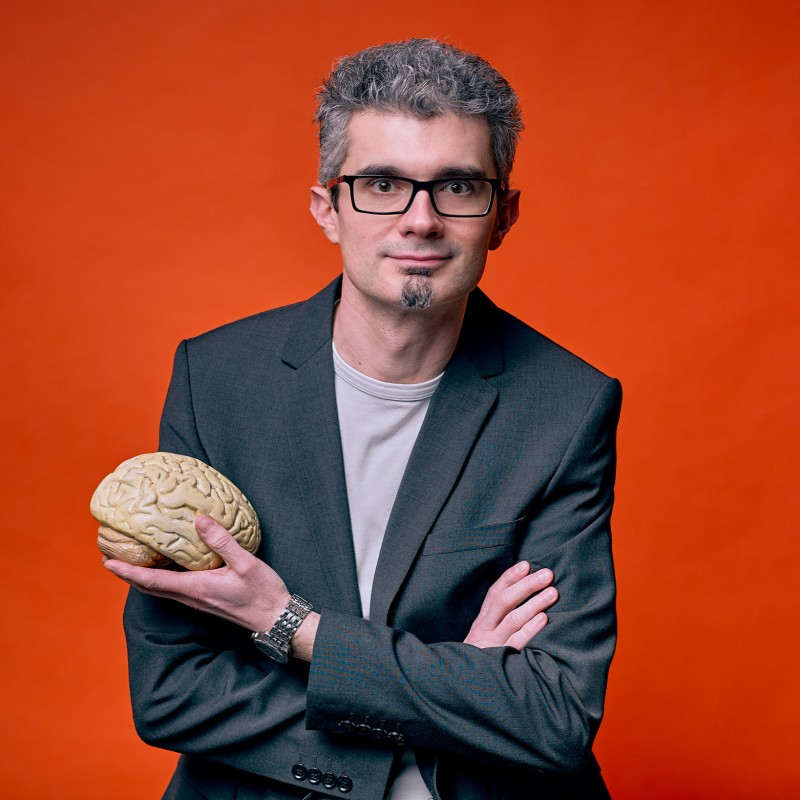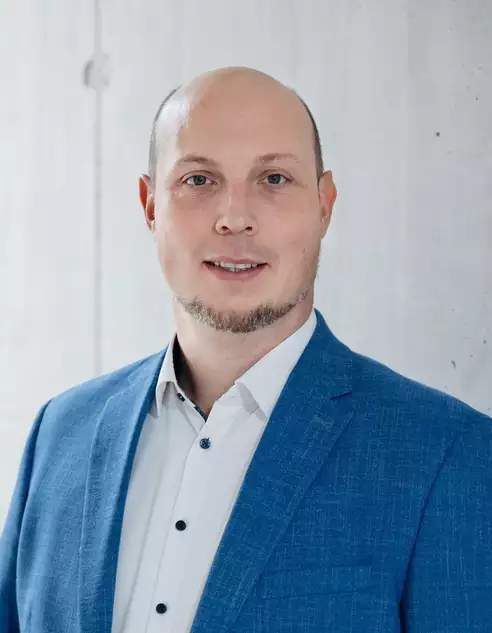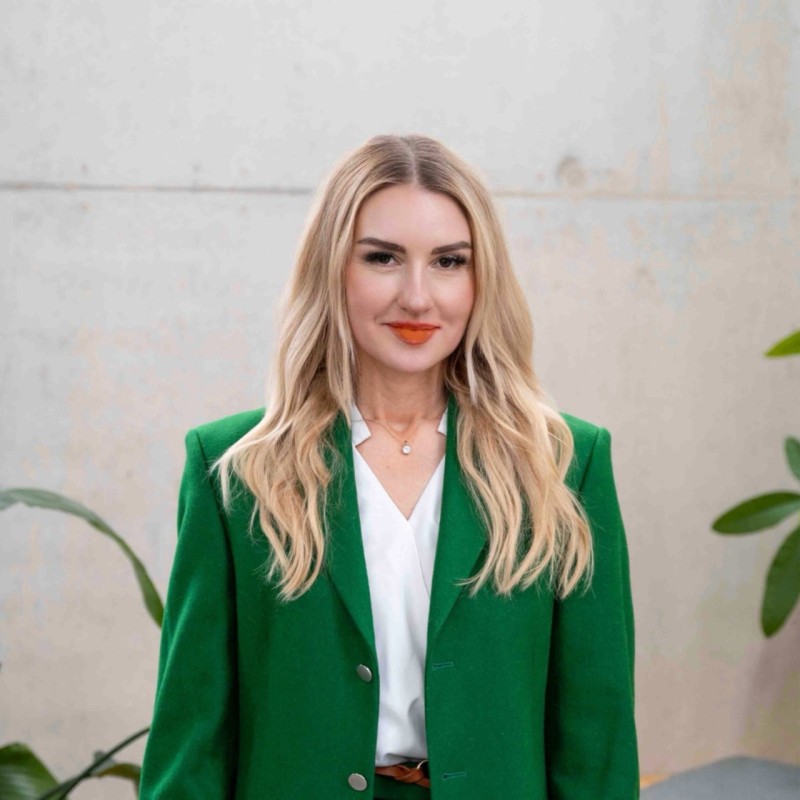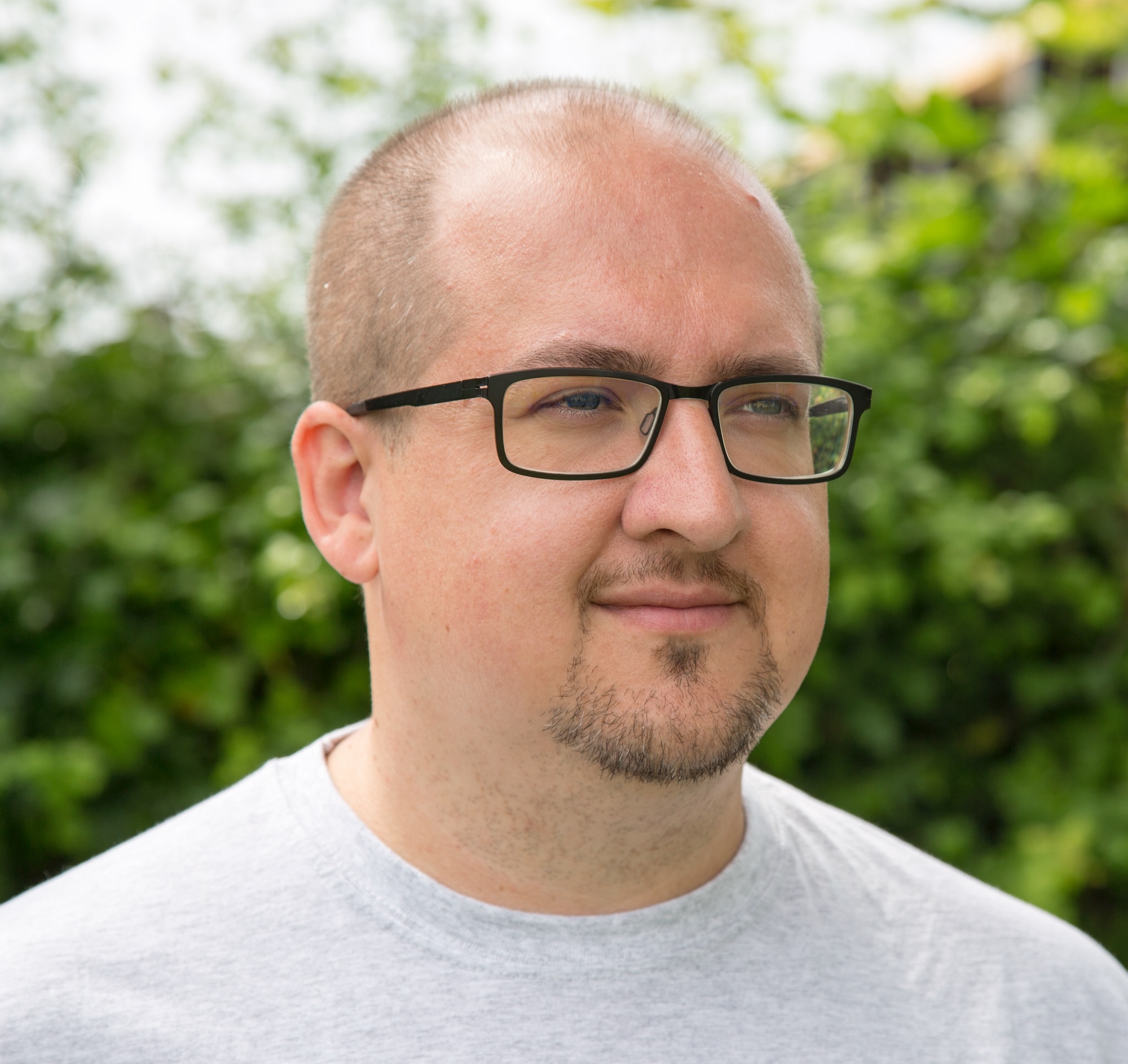So why should you join?
Science plays a crucial role in shaping our world, but effectively communicating research beyond the academic sphere is more important than ever. In an era of information overload, strong science communication helps build trust, engage diverse audiences, and ensure that evidence-based knowledge informs public discussions. The European Summer School brings together young scientists to explore innovative ways of sharing their work, making complex ideas accessible, and fostering meaningful dialogue. Join us to gain practical skills, connect with like-minded researchers, and become a more confident and impactful science communicator.
The ES3C brings together young scientists to give them an idea on how to communicate their science.
NETWORK
The goal of the 2023 edition of the European Summer School on Science Communication is to connect fellow science communicators with each other and enable future common projects. Thus the topic of 2023 – NETWORK.
APPLICATION
Applications for the ES3C 2023 are closed.
The ES3C is supported by the Joachim Herz Foundation.
Thus we will be able to give out scholarships, which will cover travel costs and accommodation.
Application for these scholarships is possible for PhD and Master students and the scholarships are awarded as a lump sum.
- Accommodation
Accommodation can be supported with 250€ for the whole week. - Travel
Travel support depends on the country of origin. We can cover 80% of the DAAD lumpsums, which serve as a reference point for the reimbursement.
Please refer to the official list for the respective amounts. - Please note that the support will be given as a lump sum. There is no way to increase or change it. The support is only possible if you join the full event.
Please apply by sending an e-mail to .
Include a 1-page CV and a 1-page motivation letter why you want to join the school. Selection will be made by end of May.
Lecturers
The European Summer School on Science Communication will feature experienced science communicators who will cover a broad range of science communication formats.
Confirmation will connect to a third party service, subject to its own independent privacy policy!
Venue
Partners
The European Summer School on Science Communication would not be possible without its great partners.
